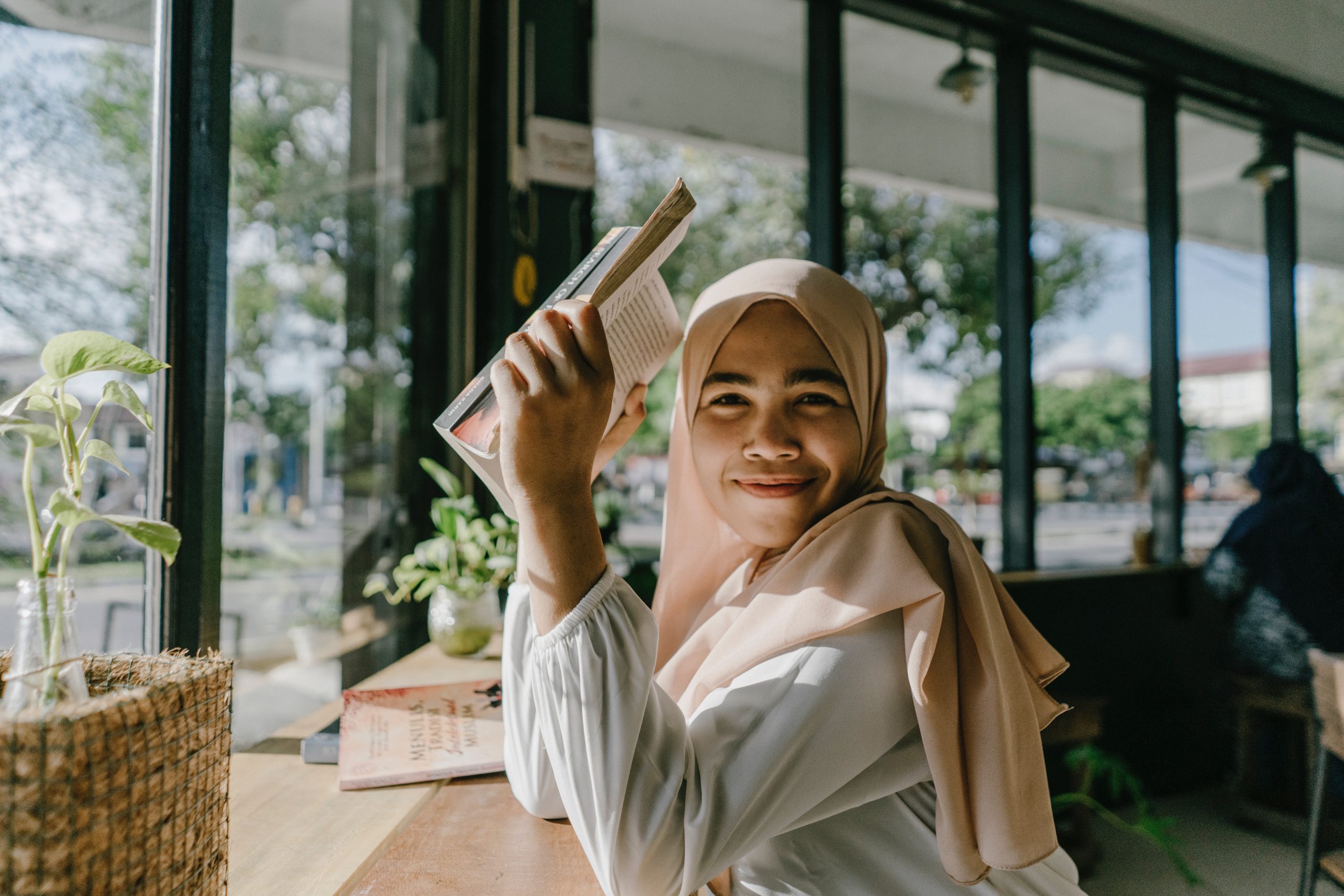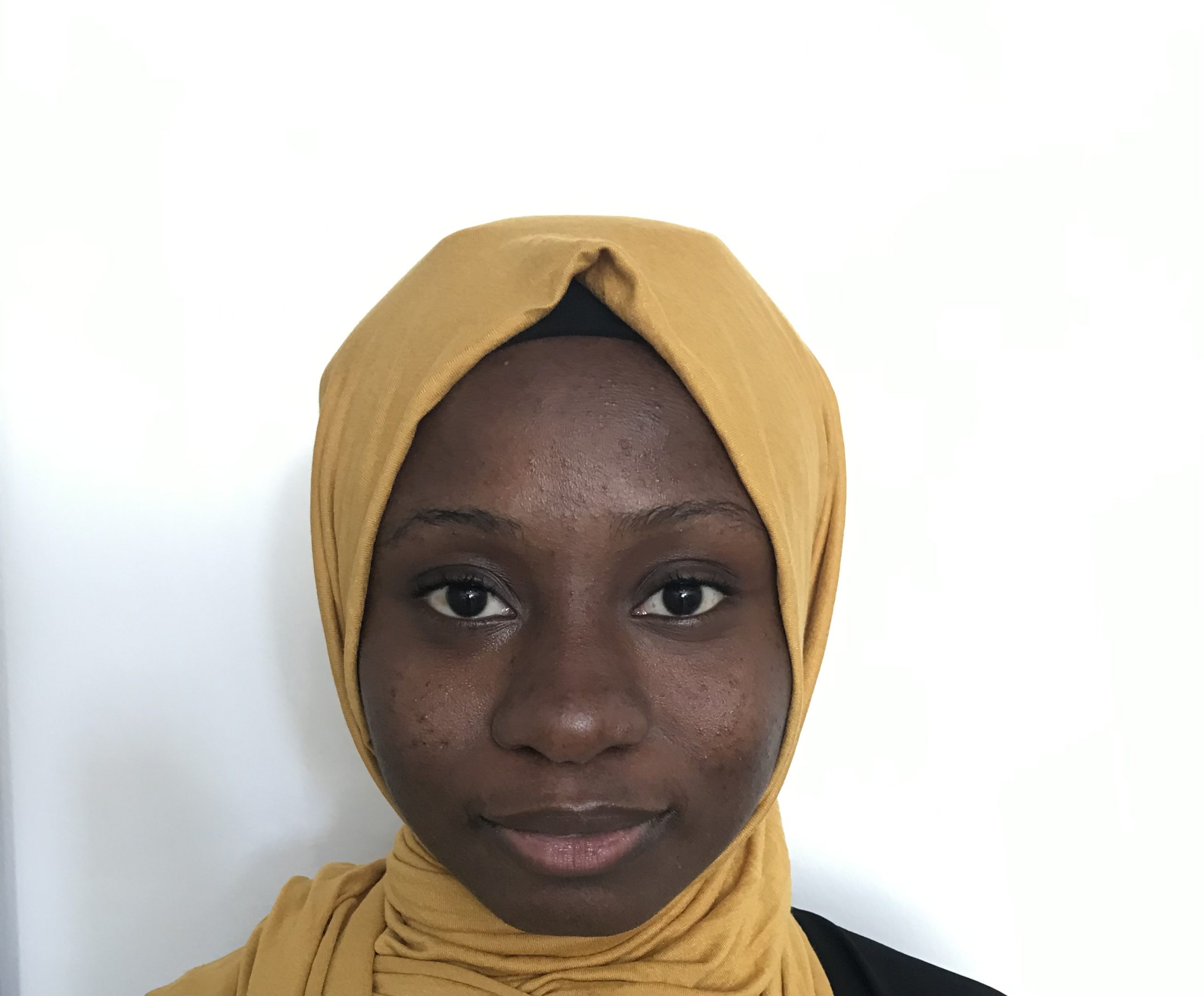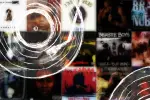Muslim young adult fiction is an emerging literary sub-genre about young Muslims who attempt to balance their faith, friendships, societal norms and sensitive issues like racism and Islamophobia. The stories usually have unapologetic Muslim representation and include aspects of regular Muslim life, such as daily prayers, Ramadan and phrases like “Masha Allah.” What usually stands out in these stories is that while religion is not the main focus of the plot, it is still an integral part of the characters’ lives.
Additionally, Muslim authors, particularly women, have used their voices to dispel stereotypes about wearing hijabs and modest clothing. Their stories typically feature female leads who do not despise their religion or feel oppressed by their parents, which are common stereotypes in today’s mainstream media.
Huda Fahmy, comic artist and author of “Huda F Are You,” talked about the lack of Muslim representation in the books she read growing up: “As a Muslim woman growing up, I rarely got to read anything about the Muslim woman experience that also happened to be written by a Muslim woman.” She also went on to discuss how important it is that young Muslims see imperfect but steadfast representations of themselves: “It’s important for young Muslims to see themselves, flawed and striving for better. It helps make the struggle less lonely — the struggle to fit in, to be a better Muslim, to be accepted by society at large and the community within.”
For many students, reading anything other than textbooks and PowerPoint slides may seem like a huge chore now that classes are in full swing. However, doing some leisure reading and getting lost in works of fiction are great ways to relax and balance things out. These two novels with Muslim main characters are excellent places to begin.
“Love from A to Z,” S.K. Ali
“Maybe that’s what living is — recognizing the marvels and oddities around you.”
When Indiana high school senior Zayneb Malik, who is half Pakistani and half West Indian, is suspended from school for confronting a teacher who regularly makes Islamophobic statements, her parents send her to Doha to stay with her aunt. On her flight, she meets Adam Chen, a Finnish-Chinese 18-year-old who is returning home after dropping out of university in Canada due to his recent diagnosis of multiple sclerosis, a disease that killed his mother 10 years ago. By coincidence, they both keep journals called Marvels and Oddities in which they list the marvels and oddities they come across every day, and after their brief encounter on the plane, they reconnect later at a party and begin to spend time together. As their attraction grows, they fall in love and work to navigate their new relationship as young Muslims trying to adhere to their faith’s courtship guidelines.
Zayneb, the only Muslim student in her class and an outspoken advocate for social justice, is constantly subjected to discrimination in the classroom, and every time she stands up for herself, she gets in trouble. Adam, on the other hand, is struggling with the weight of keeping his MS diagnosis a secret, especially given how devastated his father was after his mother’s death.
The two young Muslims are committed to their faith and have one major thing in common: They are constantly playing roles for others and keeping their real thoughts locked away in their journals. The story is told through the journal entries, presenting a dual alternating narrative that helps the reader understand both perspectives and reveals how the characters deal with sensitive topics like pain, Islamophobia and their growing feelings for one another.
S.K. Ali manages to tackle really important subjects in this book, such as life with a chronic illness and the ethical implications of drone warfare. Though it discusses heavy topics, “Love From A to Z” is also a beautiful and charming romance story about family, friendship, love and support. Not only is it an exciting read for Muslim readers because the characters are relatable, but it’s also an illuminating read for non-Muslim readers, providing insight into the struggles Muslims face and how they navigate young adulthood while practicing their faith.
In an interview, Ali also mentioned how important it is for romance to be a major part of Muslim YA fiction: “It’s part of the human condition for people to be intrigued romantically with each other and to want to negotiate the act of approaching and choosing our romantic partners. I love hearing from readers that my books help demystify this process for them or that it resonates with their experiences of love. I also get a lot of feedback that readers have fallen in love with the idea of ‘Muslim-love,’ of how to facilitate their love lives while staying true to their chosen commitments to faith.”
“Hana Khan Carries On,” Uzma Jalaluddin
“Everything is better told as a story, and mine is still unfolding.”
Often described as a modern retelling of “You’ve Got Mail,” “Hana Khan Carries On” is a heartwarming enemies-to-lover rom-com featuring two endearing Muslim protagonists. Hana Khan is an ambitious and practicing Muslim who lives in Toronto with her family and juggles various commitments, such as an internship at a local indie radio station, the production of her own podcast and a waitressing job at her family’s halal restaurant (Three Sisters Biryani Poutine). Her true ambition, however, is to host her own radio show in which she can highlight the real-life experiences of other young Muslims and dismantle common stereotypes.
Enter Aydin, the arrogant son of the owner of the new halal restaurant opening across the street from Three Sisters Biryani Poutine. The new development threatens the Khans’ already troubled business. Despite the rivalry and fierce competition, Hana and Aydin gradually develop feelings for each other. The story also features charming side characters like Hana’s cousin Rashid and her aunt Kawkab Khala.
“Hana Khan Carries On” is a romantic love story that explores a wide range of topics, including self-discovery, the importance and celebration of family and community, cultural and societal problems, as well as all-too-common racial crimes — microaggressions and Islamophobia. The multifaceted story provides insight into the lives of Muslims with varying levels of religiosity and also challenges the many stereotypes about Islam.
Similar to Hana’s desire to host a radio show that spotlights the Muslim experience, the author, Uzma Jalaluddin, also wanted to portray real-life experiences of Muslims in her writing. She explained; “I wanted to write an entertaining, positive story about the Muslim community — the community that I saw but that didn’t exist on the page or screen. I wanted to depict characters from diverse backgrounds experiencing heartache but also moments of joy. I wanted to show these characters falling in love, leaning on supportive family, quarreling and making up. I wanted them just to be. Too often, narratives about other experiences are told in a way that is condescending; that reinforce harmful stereotypes or only show one perspective. I wanted to counter that. As a teacher and reader, I believe in the power of storytelling to influence others for the better. I wanted to be part of that.”

















